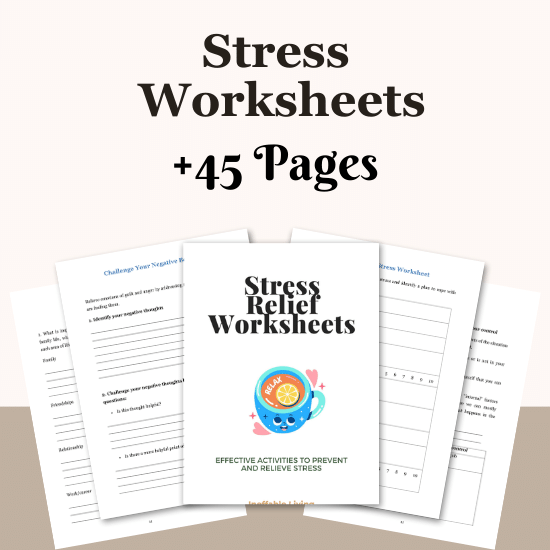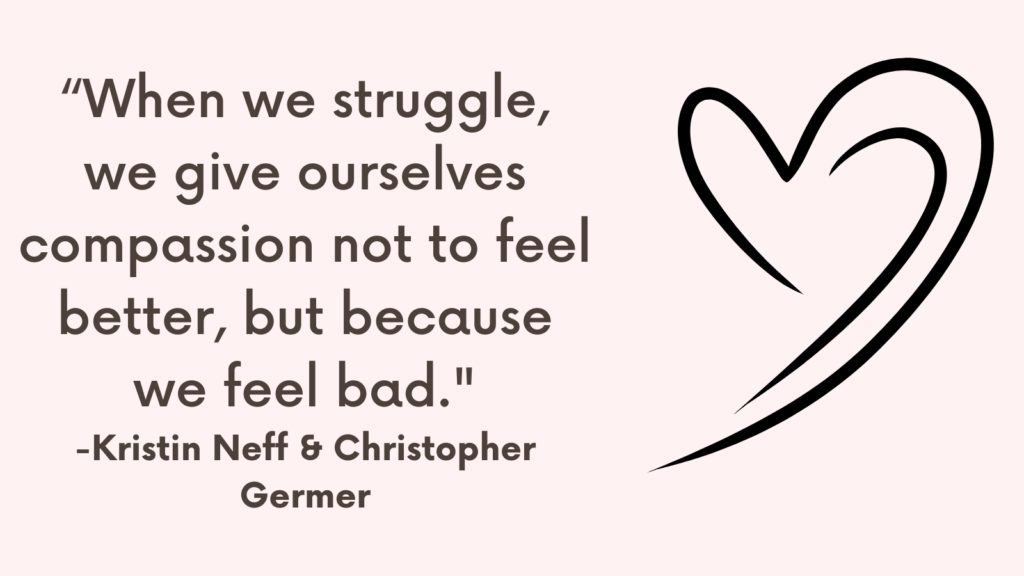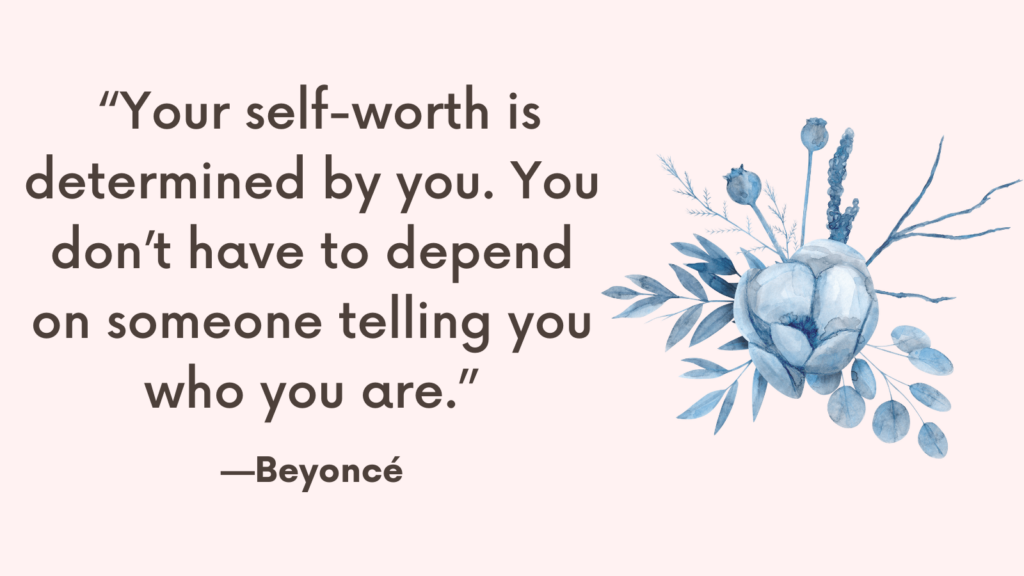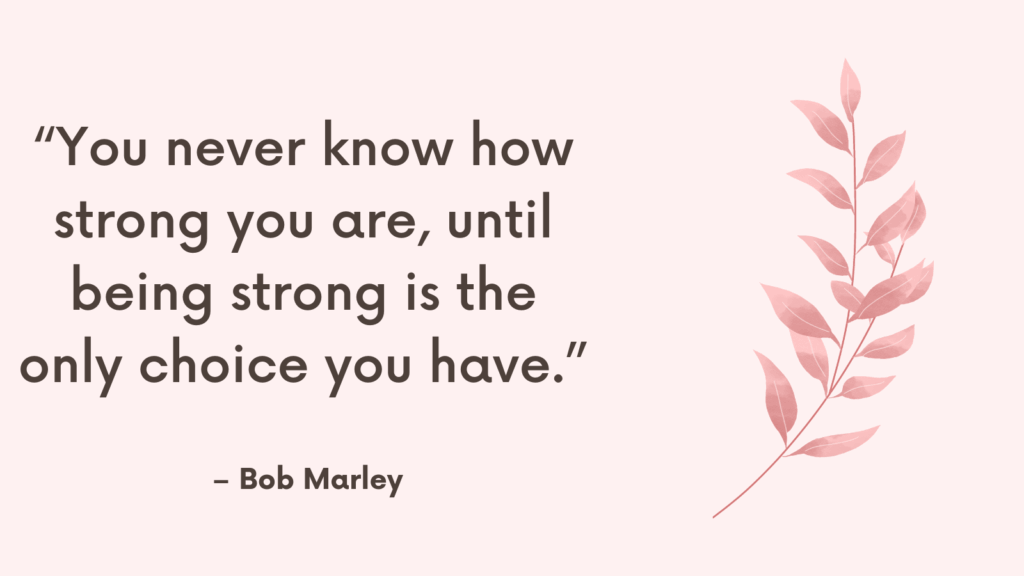Feeling stuck in a cycle of stress and overwhelm can make it difficult to enjoy daily life and maintain balance.
Breaking this cycle requires intentional actions to manage stressors, create boundaries, and restore calm.
Here are some effective strategies to help you regain control and reduce overwhelm in daily life.
How to Break the Cycle of Stress and Overwhelm in Daily Life?
1. Identify and Prioritize Your Stressors
Understanding what’s causing your stress is the first step in managing it. Identifying and prioritizing stressors helps you address them systematically rather than feeling burdened by everything at once.
How to Practice: Write down everything that’s on your mind, from work tasks to personal obligations. Rank them by importance and urgency. Start with the top priorities and let go of or postpone low-priority items. Focusing on fewer tasks reduces the feeling of overwhelm and allows you to make steady progress.
2. Set Boundaries and Learn to Say No
Taking on too many responsibilities is a common source of overwhelm. Setting boundaries helps you protect your time and energy, allowing you to focus on what truly matters.
How to Practice: Politely decline commitments that don’t align with your priorities or that you don’t have the capacity to handle. Practice saying “no” with statements like, “I’d love to, but I’m already booked,” or “I need to focus on my current commitments.” Boundaries create the space you need to manage stress effectively.
Related: Top 25 Tips On How To Set Boundaries Without Being Controlling? (+FREE Worksheets PDF)
3. Create a Daily Routine with Small, Consistent Habits
Routine provides structure and reduces decision fatigue, making it easier to manage your day without added stress. Small, consistent habits can bring a sense of stability and predictability to your life.
How to Practice: Establish a morning routine that includes activities to set a positive tone for the day, such as a few minutes of stretching, a healthy breakfast, or journaling. A consistent routine reduces stress by creating a sense of control over your day.
4. Practice Mindfulness to Stay Present
Stress often arises when we’re focused on past worries or future anxieties. Mindfulness helps you stay present, reducing the tendency to feel overwhelmed by things outside your control.
How to Practice: Try a short mindfulness exercise each day, such as deep breathing or a 5-minute meditation. Apps like Headspace or Calm offer guided practices. Staying present helps you approach each task with a clear mind, reducing the weight of accumulated stress.
Related: Best 6 Mindfulness Exercises For Beginners (+FREE Resources)
5. Break Tasks Down into Manageable Steps
Big tasks can feel intimidating and overwhelming. Breaking them down into smaller steps helps make them more approachable, reducing stress and helping you stay focused.
How to Practice: For each large task, write down the individual steps required. Tackle each step one at a time rather than focusing on the entire project. Completing small steps gives you a sense of progress and accomplishment.
6. Schedule Regular Breaks Throughout the Day
Working without breaks can lead to mental and physical exhaustion, increasing stress levels. Regular breaks help you recharge and stay productive without feeling overwhelmed.
How to Practice: Use techniques like the Pomodoro method (work for 25 minutes, then take a 5-minute break) to structure your day. Step away from your workspace during breaks, stretch, or take a short walk. Regular pauses help you maintain energy and clarity throughout the day.
Related: Top 45 Self Care Day Ideas at Home To Kickstart Your Self Care Ritual
7. Limit Multitasking and Focus on One Task at a Time
Multitasking divides your attention, making it harder to focus and increasing stress. Focusing on one task at a time improves efficiency and reduces the mental strain of switching between tasks.
How to Practice: Prioritize a single task, work on it until completion or a set time limit, and then move on to the next task. By focusing on one thing at a time, you’ll feel more accomplished and less overwhelmed.
8. Practice Self-Compassion and Avoid Perfectionism
The pressure to perform perfectly can lead to chronic stress and overwhelm. Practicing self-compassion allows you to approach tasks with a balanced mindset, reducing the need for perfection.
How to Practice: Remind yourself that mistakes and setbacks are part of the learning process. Replace self-critical thoughts with kind, understanding statements like, “I’m doing my best, and that’s enough.” This helps ease pressure and allows you to enjoy the process rather than striving for perfection.
Related: Letting Go of Perfectionism: Best 20 Tips
9. Engage in Physical Activity to Release Tension
Exercise is a natural stress reliever that helps clear your mind and release built-up tension. Regular movement can help break the cycle of stress and overwhelm by boosting mood and energy.
How to Practice: Aim for at least 15–30 minutes of physical activity each day, whether it’s a walk, yoga session, or quick workout. Regular movement improves focus, helps you stay grounded, and reduces the physical effects of stress.
10. Create an Evening Routine to Wind Down
A structured evening routine helps you release the day’s stress and prepare for restful sleep. Unwinding in the evening creates a sense of closure and reduces the likelihood of stress carrying over into the next day.
How to Practice: Establish a relaxing evening routine that includes calming activities like reading, stretching, or a warm bath. Avoid screens for at least an hour before bed to signal to your brain that it’s time to wind down. Quality sleep helps recharge your mind and body, reducing stress.
Related: Best 21 Evening Journal Prompts To Help You Relax & Unwind
11. Seek Support and Connect with Others
Talking to friends, family, or a mental health professional provides emotional support and perspective, helping to relieve the burden of stress.
How to Practice: Reach out to a friend or family member you trust and share your feelings. If stress is persistent, consider speaking with a counselor for additional support. Connection with others reminds you that you’re not alone and can provide new strategies for managing stress.

Conclusion
Breaking the cycle of stress and overwhelm requires consistent, intentional actions that support mental and emotional well-being.
By prioritizing tasks, setting boundaries, incorporating self-care, and seeking support, you can create a balanced, manageable daily routine. Small changes build resilience and help you approach each day with calm and confidence.



